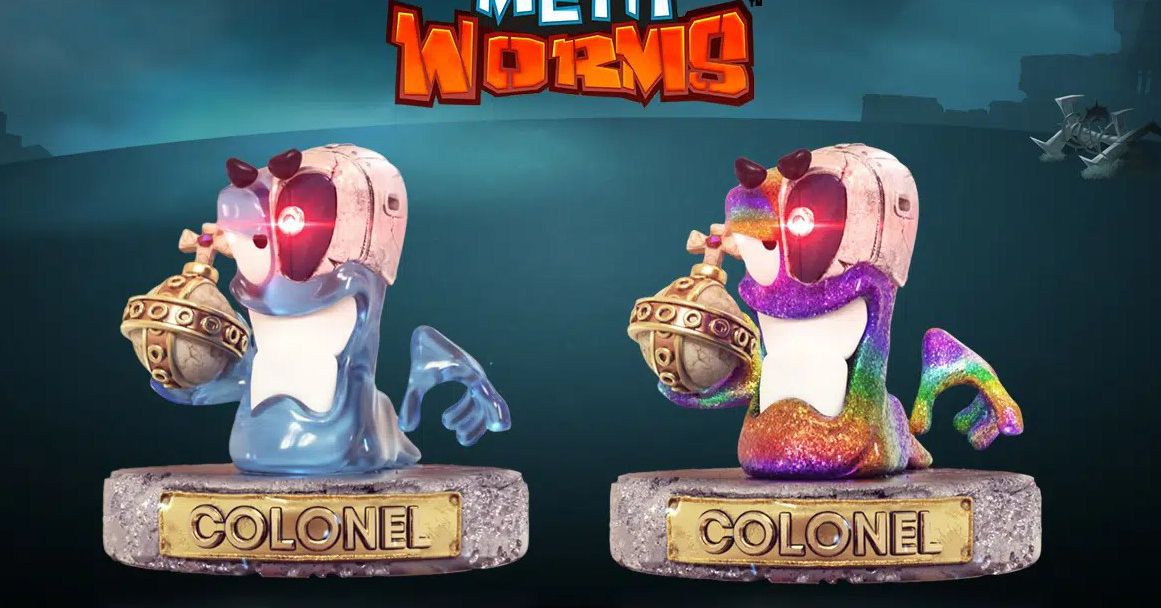
Yesterday, Team17, the developer and publisher of many beloved indie games, announced a “MetaWorms” project tied to its series of Worms games that stretches over 23 years and has sold over 75 million copies. Team17 said the generative NFTs would be “giving fans the chance to own a unique piece of video game memorabilia.” 24 hours later, Team17 now says it “is today announcing an end to the MetaWorms NFT project. We have listened to our Teamsters, development partners, and our games’ communities, and the concerns they’ve expressed, and have therefore taken the decision to step back from the NFT space.”
How did things change so much, so quickly? As we’ve seen in the response to the announcement of NFTs for S.T.A.L.K.E.R. 2, Ubisoft’s Ghost Recon items, and even an NFT project for voice acting, the backlash from the gaming community was swift and loud. Perhaps most importantly, it did not stop with tweets from anonymous Twitter accounts or posts on the publisher’s forums — at least three developers behind prominent Team17-published games spoke out in opposition to the plans.
Overcooked 2 developer Ghost Town Games promised fans that none of its future games will ever engage with NFTs, saying they carry too much environmental and social cost.
Playtonic Games has published Yooka-Laylee and Yooka-Laylee and the Impossible Lair through Team17 and said in a statement that “[w]e have no interest in utilizing NFTs in any aspect of our business now or in future. Nor do we endorse the use of NFT’s in the wider world.”
Going Under developer Aggro Crab Games tweeted a statement saying, “We at Aggro Crab condemn Team17’s decision to produce and engage with NFTs. We believe NFTs cannot be environmentally friendly or useful, and really are just an overall fucking grift.”
After 2021 saw an unprecedented boom in projects based on non-fungible tokens (NFTs), many fan communities are pushing back against companies launching the items that are purported to represent digital collectibles. Web3 companies continue to sprout seemingly by the dozens, mostly funded by venture capital, but traction among everyday end users who haven’t chosen to become traders is scarce.
Team17 is today announcing an end to the MetaWorms NFT project.
We have listened to our Teamsters, development partners, and our games’ communities, and the concerns they’ve expressed, and have therefore taken the decision to step back from the NFT space.
— Team17 (@Team17) February 1, 2022
https://www.theverge.com/2022/2/1/22913110/team17-worms-nft-metaworms-gaming-playtonic-overcooked

